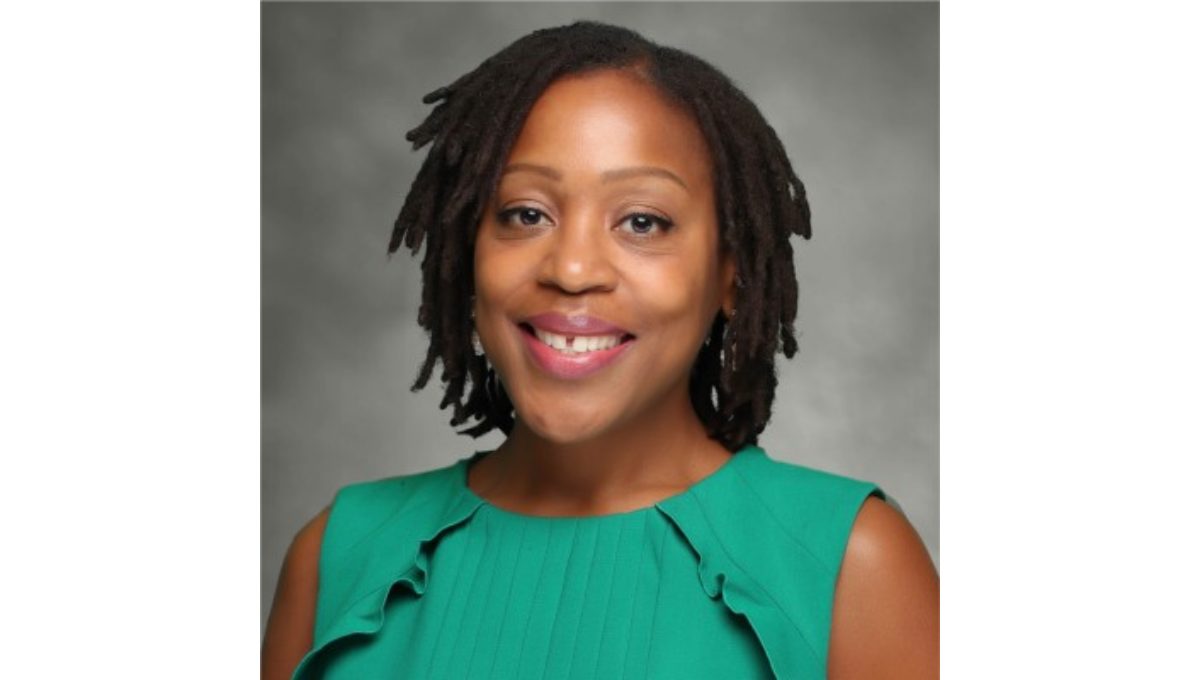Why We Need More Women in Public Policy
October 21, 2022 - Archived - Posted by Women's Foundation Team

There is no better way to engage your community and create more opportunities for women and girls in the state than by engaging in public policy. But what is public policy and how can you get involved? We spoke to Alicia Netterville, principal at Acclivity Group and former Deputy Director and Policy Director of ACLU Mississippi, to find out.
Defining Public Policy
“Public policy is a broad term,” Netterville said, “but it refers to policies that impact the public, and this can be any policy. It could be criminal or legal policy, childcare policy, maternal healthcare policy, or it could be environmental public policy. Public policy impacts our life in many different ways.”
Public policies have far-reaching effects, partly because of how diverse they can be, and partly because of how many people they affect. In order to ensure that policies are developed to accurately identify and address the needs of the communities they will impact, there should be a diverse mix of policymakers at the table. In the case of our state’s legislature, the perspectives of women and communities of color are sorely underrepresented.
The Importance of Diversity in Policymaking
Only 12.5% of members of the Mississippi House of Representatives and about 17.6% of members of the Mississippi Senate are women, whereas 68.8% of Mississippi’s state legislators are white males. This lack of representation leaves room for policies to be inaccurate in their assessment of community needs.
“When we have a legislature that is dominated by one race, one gender, then our policies look one-sided. But if we have more diversity, because we’re bringing more experience to the table, then we have better policies that impact the lives of more people in a more positive way,” Netterville said, “because those policies are going to impact everyone’s life regardless. And if the lens of women, particularly Black women, are omitted from that, then [those policies] are going to have a more negative impact on that group of people because they’ve been left out of the policy-making process.”
The need for more diversity in Mississippi’s state and local policymaking was one reason why Netterville started working in public policy, and continues to influence her work as an attorney and as a consultant and program organizer for Mississippi Women in the Lead (MWL), a free leadership program co-sponsored by The Women’s Foundation, One Voice Mississippi, and Mississippi Black Women’s Roundtable.
Ways to Get Started
Leadership programs like MWL are a great way to get a feel for public policy.
“Mississippi Women in the Lead is committed to bringing diversity to the public policy process by engaging women from all backgrounds,” Netterville said, “and helping women take the lead in issues that not only impact women and children, but people as a whole.”
MWL connects participants to workshops, exclusive panel discussions, networking opportunities, and guided discussions on a variety of approaches to public policy at no cost to them. This full-bodied approach to leadership development ensures that participants have everything they need to become public policy advocates and leaders.
“During our first retreat, we had lobbyists who work on both sides of the aisle come in and talk about what it’s like to advocate for particular issues, like social justice issues, with a Republican supermajority. Outside of the retreat, we’ve exposed women to all the different levels of government. We’ve had city council members, school board members, state legislators, and mayors talk to participants about the day-to-day work that those positions require and what kind of issues they address,” said Netterville.
Although the registration deadline for MWL has passed, there is still an opportunity to connect with public policy. MWL recently partnered with She Should Run, a nonprofit organization focused on increasing the number of women running for public office, to develop the “Power in Purpose” workshop.
“Power in Purpose” is unique in its ability to focus on each participant’s values, interests, and perspectives in order to connect them into civic engagement opportunities that suit them best. This personal introduction to the public policy process is essential to bringing more women into Mississippi policymaking, especially considering the many fields, and the many roles, there are in public policy, as Netterville explains:
“There are different roles in public policy. You have our city council members, our municipalities, our school boards, and our law-makers,” Netterville said. “And then you have public policy advocacy, which is what I’ve historically done. This involves educating lawmakers on how their public policy decisions will impact society, and making recommendations and suggestions as to what changes should be made. It can also involve being a resource to legislators, whether that means analyzing a bill, gathering statistics, or helping them with talking points.”
“And then you have policy litigation,” Netterville continued. “Women who are lawyers can use their skills to impact public policy in this way. There are a lot of different roles, a lot of different avenues, and a lot of opportunities for women to be engaged in the policymaking process.”
More Ways to Engage
Here are more ways you can engage in public policy and support positive change for Mississippi women:
- Vote in every election
- Voting in support of policies that create more opportunities for Mississippi’s women and girls moves the state in a positive direction for all of us. Be sure you have everything you need to cast your vote, and stay up to date on issues that matter to you and your community.
- Spread the word
- Share information about local programs and workshops, like the “Power in Purpose” workshop, that offer a way to connect to public policy with the women in your life that want to become policy advocates.
- Show your support
- Donate to local nonprofits and organizations focused on helping more women run for office
